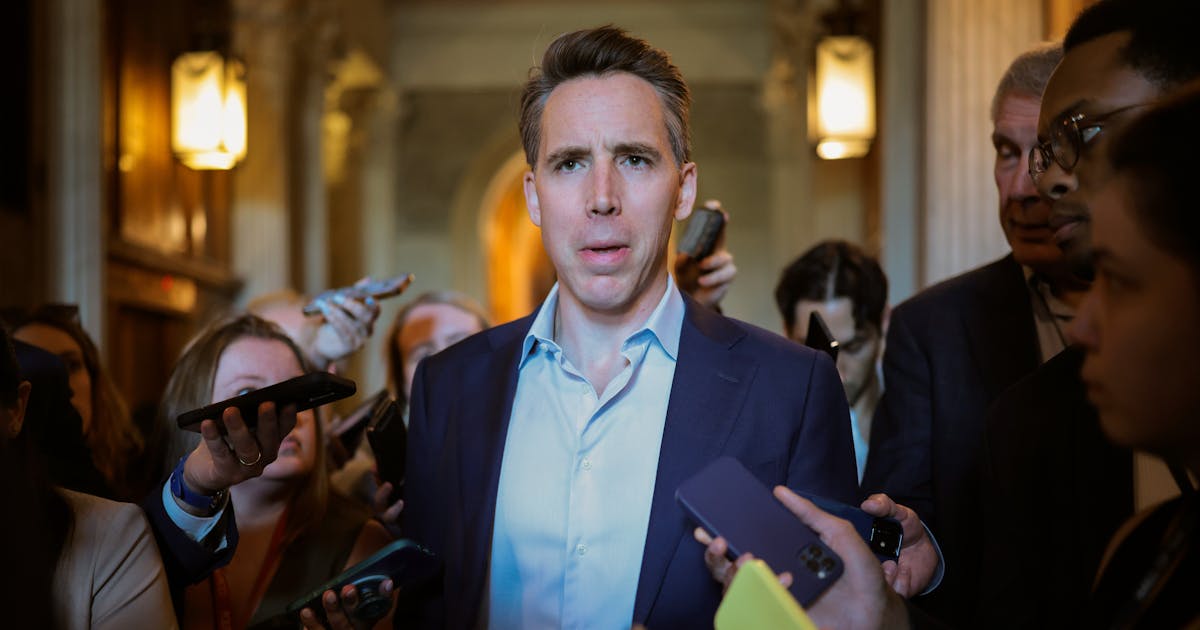The
grant will be dispersed over five years, and CMS will monitor how states
implement their proposals, which means that many states may be reluctant to try
something that could be truly transformative but would take longer to show
results. Cochlan-McClain said that she would like to see more states provide
funds for hospitals to move away from a fee-for-service model, which is how
they’re reimbursed for care now, to one that provides a global, fixed fund for
taking care of a patient population.
Describing
the latter model, she said, “They are paid more based on the outcomes of that
patient’s health and care, and less on the number of times they are seen in the
clinic.” Because rural health clinics have a lower volume of services, this
kind of payment system would allow them to focus on patients’ needs, from preventative
care to mental health, and would pay them for how well the patient does over
time, she said. “It’s a smarter way to take care of patients, and because it is
one of the strategic goals in the applications, we are hopeful that states
wrote to it,” she said.
Pennsylvania
has been testing such a
model. But five years would be a short time to implement such a dramatic change
to paying for health care, she said. Rural areas already have a shortage of
health care professionals. If doctors in rural areas can’t get paid as well as
they can in larger cities, no amount of workforce training, which
the fund supports, will keep them there.

